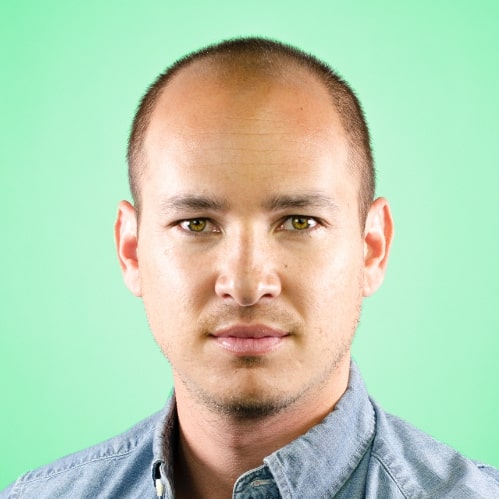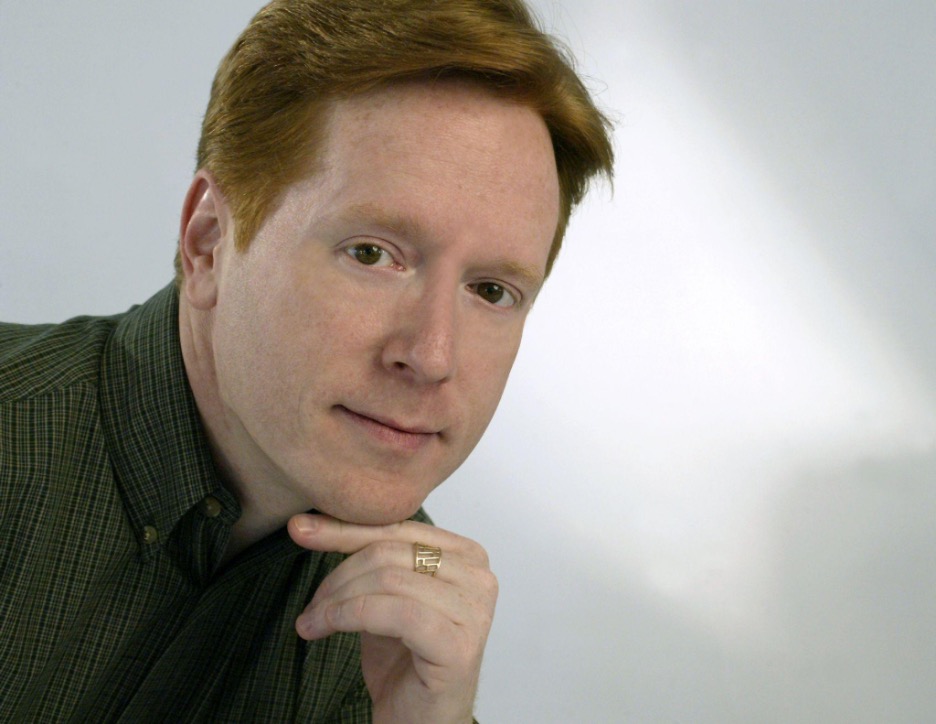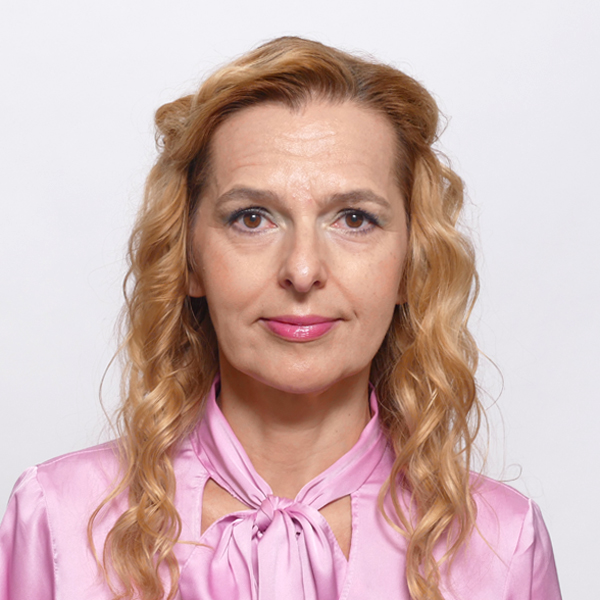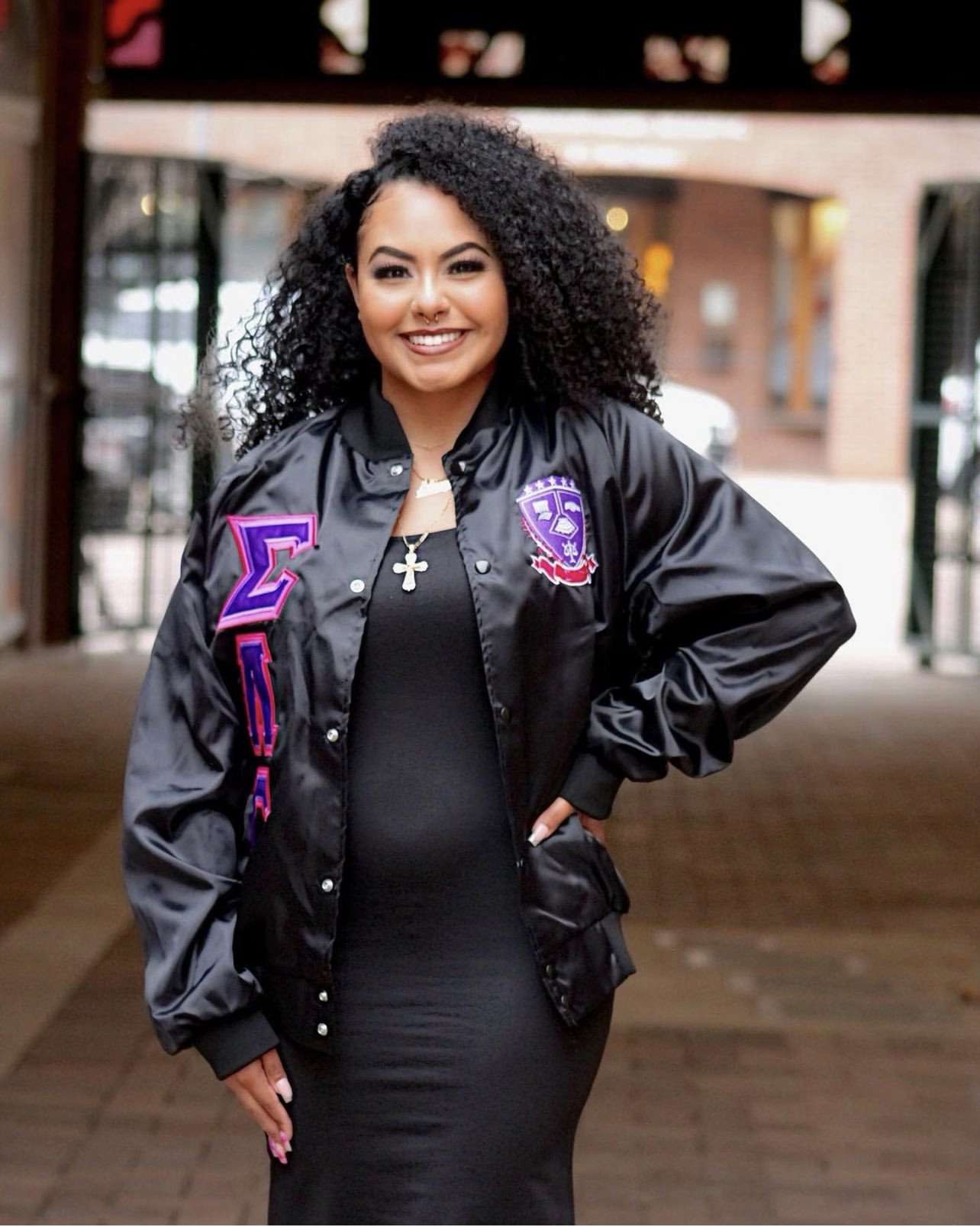
Career Coordinator, Joshua Johnson, discusses the G.O.A.L. Program, which provides academic, campus life, and career development for students with UNC students with intellectual disabilities.
I'm Joshua Johnson, the employment coordinator with the UNC G.O.A.L. Program. G.O.A.L. stands for Go On And Learn.
What inspired you or how did you become a special educator?
I got started in special education at Winthrop University where I earned a degree in special education with the focus on mental and severe disabilities. And while I was completing my undergraduate, I worked as a peer mentor for an inclusive higher education program there. And at that program I played a number of roles with them. So I help students in their classes as well. So with teaching them skills on how to be a student, so how to interact and engage in the classroom setting as well as instructed classes as a special education major in the class. I was able to teach them in a few different classes. So those focus areas where self-determination, career exploration, functional academics, financial literacy, some of those everyday skills that may slip through the cracks here at college. I also served as a residential mentor where I lived in a suite with a student and help them build a different independent living skills on campus as well as stay connected and engaged to the campus community, there at Winthrop.
So it's really developing students holistically.
Yes, absolutely. It's really like modeling a good student lifestyle and then teaching those students how to be a good student. So access to all the things that typical college students do. So the social life, so having friends in different groups and clubs and organizations. Being a great student, so being in class, engaged, completing your homework on time as well as going to work. How do we go to work so we can maintain the jobs so we have money to spend on the weekends when we go out to eat with our friends.
Now that you're at UNC, you're with the G.O.A.L. Program, can you describe a little bit about the G.O.A.L. Program?
Yes. So, G.O.A.L. is a four year post secondary education program for students with intellectual and developmental disabilities. Here at G.O.A.L., we focus on three main components. Those components are campus life, academics and career development. So campus life includes the student's residential, so where they live on campus and our students for the first two years live in Turner Hall and then where they receive support through our RLM, which is a residence life mentor. And that mentor serves as liaison between the goal staff and the residents staff in Turner Hall to support the students and anything that they need help with there, so making sure that they attend meetings, know how to do their laundry following the student code of conduct while they're in the halls as well as under the campus life component, the social engagement piece. So connecting with different clubs and organizations on campus so that students can really find their home so they feel like they're a bear in our community.
And then for academics, we have students who take traditional UNC classes just like every other student. Those classes are typically, they're like, career focused classes. So classes that are going to help them build knowledge and experiences that will help them get a job whenever they leave UNC. Students also take a very specific set of classes. Those are like our core classes we like to call them. And those are in nutrition. So the students get exposed to the health and wellness centers that we have to keep in mind every day in our adult life. So what we're taking into our body and how our body responds to that as well as a social science so we can learn about the world that's out there and just other people that we interact with on a day to day basis and a variety of settings as well as the public speaking class. Public speaking is something that takes place in all of our lives and again, a variety of settings. So being able to speak in public in different groups is important as well. So we recommend students take that class. And there's the last one is university 101, which is crucial for our incoming freshmen students to really get connected to the campus and get exposed to how to be a college student. And that's a great class for welcome to college - This is what it looks like.
Now you mentioned briefly about mentors.
Yes.
What are the mentors? How do you become a mentor?
Yeah, so mentors play a crucial role in our program. They are the backbone to our day to day operations. Mentors helping a variety of ways. One being connecting them with clubs and organizations. If we find students who are already in clubs will often use a mentor or a volunteer, that's like I said already in the club to help connect with that student just so that they continue coming back to that club if it's a desired activity. We have our mentors who help with taking students to different career or job sites out in the community. So they'll go with students to kind of learn about the work that's in that setting. Mentors may also host study hours for students. So that may just be a study hall where they're in the library, hanging out with some of their friends and they invite students to come study with them.
They also may host an activity on a Friday where students can come and participating in like recreation activities of their interests. So that could be like basketball or volleyball, disc golf here on campus - Any of those things. But our mentors are really the model and support to our students. The day to day operations. Our mentors do a great job at modeling the typical life of a college student.
How many mentors are there in a given semester?
Right now we have about eight mentors but however we're always open to hiring more and we always look for volunteers. It really would be hard to put an amount on like the volunteers that we use because there are so many within those clubs, organizations. It is just different partners on campus. But right now we have about a one to one ratio of students and mentors. So we currently have eight students who were in the program, meaning we have about eight mentors as well.
Would you mind sharing a little bit about the students who are enrolled in the G.O.A.L. Program?
Yes. So the students that we look for are students who have a documented intellectual or developmental disability. We can use different background information to find that such as a maybe an IEP from an old high school or psychological evaluations that have been done in the individual's past. One of the biggest things we look for in an ideal G.O.A.L. candidate is that they have a strong desire to be a UNC student. That's something that we find that really helps with their success at campus. Someone who wants to be a bear and wants to gain that experience of going to classes, being in clubs and organizations as well as working while they're on campus.
Do you have any stories about any G.O.A.L. students, any success stories or achievements that they've had since they've come to UNC?
Yes. We've had a lot of success stories in the program. We really find that when students step away from their home communities and out of their parents' house and then really get to practice being an independent and autonomous adult here at UNC, they make tremendous amount of growth. I've seen one student who really works hard on having that clear and consistent speech and also being at the right volume when speaking, who went to a presentation ,a few months in the past and did a great job presenting to the people there. It was very articulate, very confident volume was great, and was very excited about sharing her experiences. So it's really cool to see the students have an area that they really focus on while they're on campus, both through the growth made while they're at UNC and really excel with that in the community as well. So seeing them be able to take those skills and learn here at campus from that public speaking class and then applying it to the community has been awesome. And especially with the student's confidence in front of strangers about what they're doing at UNC has been a huge thing of growth that we have seen. Yeah, it's great.
we would love to have the UNC community continue to get involved with the UNC G.O.A.L. Program. So if there are any faculty, staff, students, or UNC community members alike, please contact us at UNCGOAL@gmail.com or visit our website to learn more about how to get involved with the program.
Music
A Day at the Park – Pictures of the Floating World
Stars Are Out – Podington Bear





